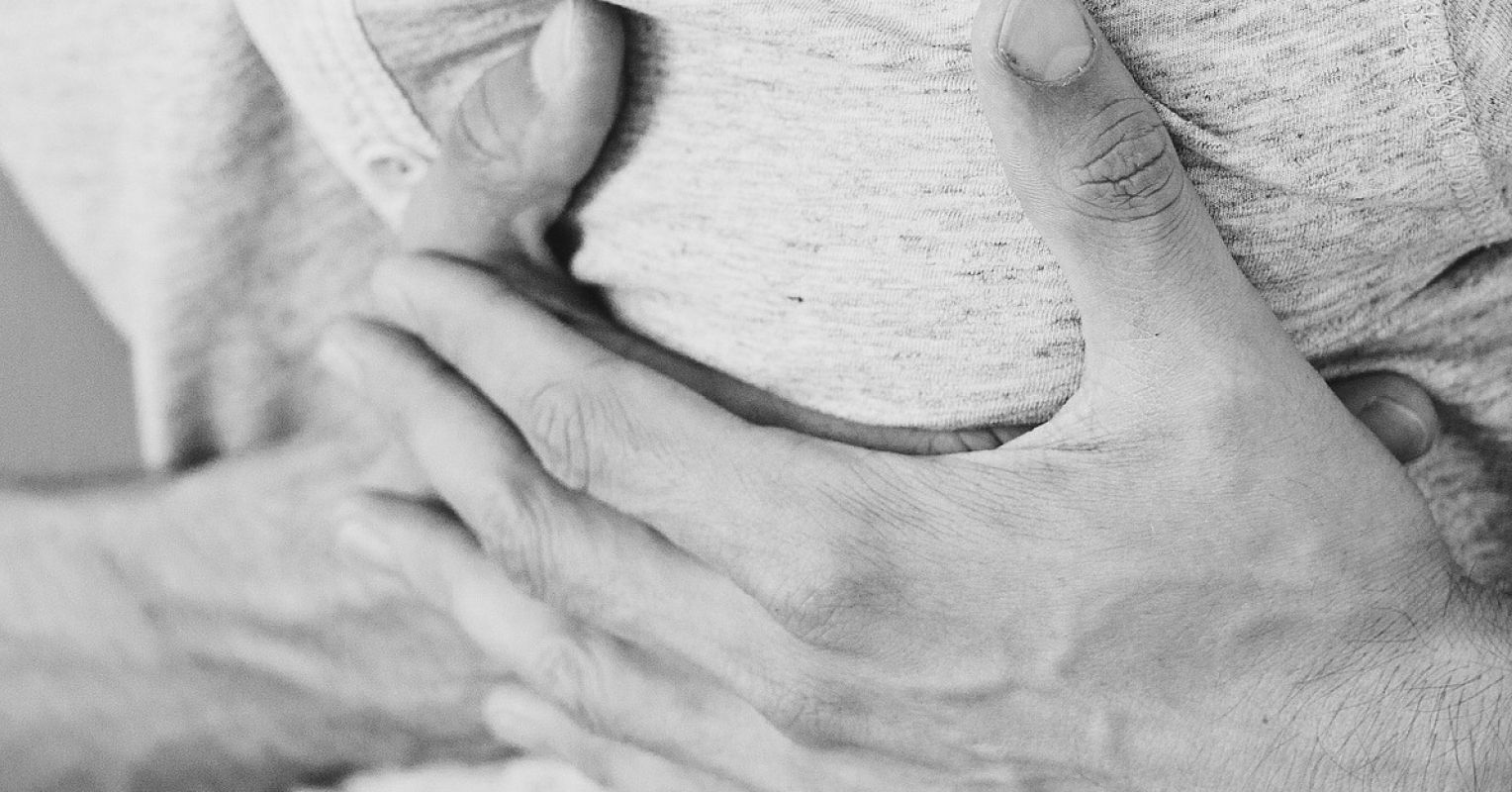Takotsubo cardiomyopathy, also known as broken heart syndrome, is a rare but serious form of heart disease that mimics a heart attack. Though more commonly diagnosed in postmenopausal women, new research reveals a surprising and concerning trend: Did you know men are more than twice as likely to die from the condition?
A Groundbreaking Study on Broken Heart Syndrome Mortality
In a May 2025 study published in the Journal of the American Heart Association, researchers at the University of Arizona, led by Dr. Mohammad Reza Movahed, analyzed nearly 200,000 cases of takotsubo cardiomyopathy. The study found:
- 83 percent of cases occurred in women
- Mortality rate in women: 5.5 percent
- Mortality rate in men: 11.2 percent
- Average patient age of 67
- Most patients were Caucasian and from higher-income backgrounds
- Complications included atrial fibrillation, cardiac arrest, cardiogenic shock, stroke, and heart failure
Before discussing the sex differences in mortality rate, let me explain a little more about the condition itself.
What is broken heart syndrome?
Takotsubo cardiomyopathy is a temporary heart condition where the left ventricle (the heart’s main pumping chamber) abruptly weakens and bulges in shape, resembling a Japanese octopus trap called a “takotsubo.”
The condition mimics a heart attack, with symptoms such as chest pain, shortness of breath, and cold sweats, yet it is not caused by blocked arteries. Instead, the cause is likely a spike in adrenaline and other stress hormones.
Takotsubo syndrome falls under the broader category of cardiomyopathies, diseases in which the heart muscle struggles to pump effectively. What sets takotsubo syndrome apart, though, are its emotional triggers, such as the death of a loved one or trauma (hence the term broken heart syndrome).
Why Is Broken Heart Syndrome More Fatal in Men?
Despite being diagnosed less often, men face significantly higher mortality rates. Several factors may contribute:
- Types of stress: Male patients more often face physical stressors, such as infection, surgery, or trauma, whereas female patients more often experience emotional triggers like grief.
- Stress hormones: Men may release higher levels of catecholamines (e.g., adrenaline), which can damage the heart. Notably, hormonal factors have also been used to explain why takotsubo syndrome is more deadly in older than in younger women, as estrogen has been shown to have cardioprotective effects.
The Link Between Emotional Stress and Heart Disease
Psychological stress plays a major role in takotsubo syndrome. Events like divorce or bereavement can lead to a sudden stress hormone surge that stuns the heart. A history of Mental health conditions, such as depression or anxiety, is also a risk factor.
For instance, according to two notable studies, 42 percent of patients with takotsubo had a psychiatric history. Over 17 percent were on antidepressants (mainly SSRIs or benzodiazepines). Many patients reported a significant emotional event (loss, trauma, illness) in the six months before diagnosis.
How Stress Affects the Heart: Biological Mechanisms
When the body is under acute stress, it floods with catecholamines like adrenaline and norepinephrine. These hormones can overwhelm the heart muscle, constrict blood vessels, and disrupt heart rhythm.
Additional factors may include oxidative stress, estrogen deficiency, coronary artery spasm, genetic vulnerabilities, and infections.
How Emotional Loss Affects Heart Health
Not long ago, the idea that emotions could impact physical health, including heart health, would have seemed far-fetched. But we now know that psychological stress and negative emotions (anxiety, sadness, or anger in particular) can “confer a level of risk for [cardiovascular disease] that is on par with the risk conferred by smoking, dietary imprudence, and physical inactivity.” How this happens, psychologically, we are not certain.
One theory centers around co-regulation:
In secure, intimate relationships, partners help stabilize each other’s emotional and physiological states. So the relationship itself serves as a source of calm and security for both partners.
Losing a partner, therefore, means losing that source of stability, so the remaining partner becomes dysregulated and vulnerable to both psychological and physical distress, like agitation, sleep disturbances, inflammation, and various diseases.
How to Protect Your Heart From Stress
Stress management is critical to heart health. People are most vulnerable when they lack:
- Internal resources (e.g., self-efficacy, optimism, coping skills)
- External resources (e.g., time, financial stability, social support)
As far as internal resources are concerned, one powerful tool is cognitive reappraisal, meaning the practice of reframing a stressful event to reduce its emotional impact.
How? By reducing the stressful properties of the event or giving it a new meaning. For example, viewing divorce not as a catastrophe, but as a challenge, a learning opportunity, or simply a new beginning.
People who frequently use cognitive reappraisal have been shown to have lower levels of inflammation, specifically C-reactive protein, a marker for cardiovascular risk.
Other potentially protective strategies include:
- Therapy and Mental health support
- Mindfulness and meditation practice
- Strengthening social support
- Regular physical activity
- Adequate sleep
- Medical evaluation after major stress, trauma, or illness
Takeaway
Broken heart syndrome is more than a romantic metaphor; it is a real, measurable medical condition with potentially lethal consequences, especially for men. While women are diagnosed more often, men die at twice the rate. This gender difference highlights the importance of early diagnosis, emotional health awareness, and gender-specific treatment strategies.
By prioritizing mental well-being, nurturing strong relationships, and adopting stress-reduction strategies, we can help protect and heal not only our emotional but also our physical heart.
So, if you or someone you love is under chronic emotional stress or has experienced sudden loss, don’t ignore the warning signs. Speak with a healthcare provider about your heart health. Help is available.
To find a therapist, please visit the Psychology Today Therapy Directory













